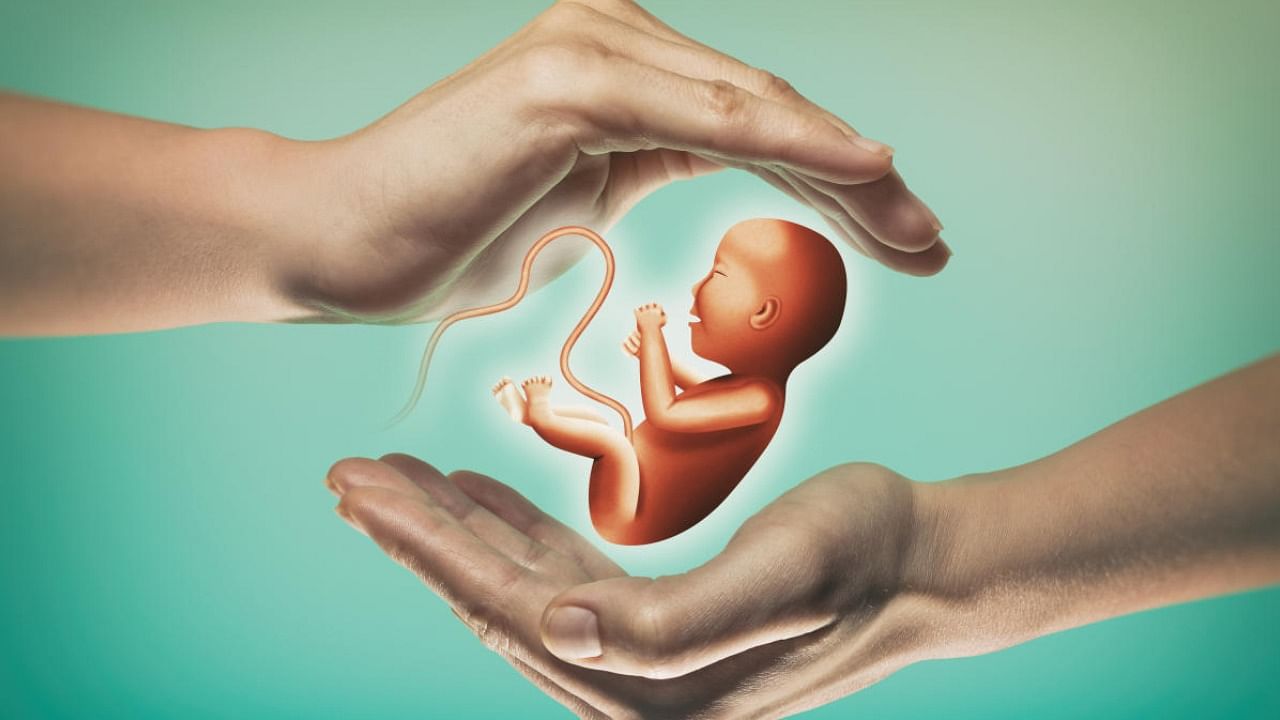
Bengaluru’s fertility rate is dropping, shows data, which also reveals a similar trend across urban areas in several states.
In 1980, the city’s fertility rate was 3.6. Now, according to experts who have analysed the latest National Family Health Survey data (NFHS), it is 1.7, and continuing to drop.
As per an analysis of NFHS-5, experts believe the reproduction rate should be at least 2.1 for the population to remain stable. “It is estimated that by 2030, Bengaluru will reach a stage where the fertility rate will be 1.5, which does not augur well for the future of the country at large,” said Kiran Gadela, co-founder and managing director of Oasis Fertility, an in vitro fertilisation (IVF) firm.
NFHS data shows staunch declines in several states. For instance, the survey determined that urban areas in Karnataka, Maharashtra, Andhra Pradesh have a fertility rate of 1.5 compared to 1.7 in 2015-16. Urban Gujarat has a rate of 1.7, down from 1.9 five years ago.
When it comes to Bengaluru, experts say the city will eventually face the challenge of caring for a large-sized ageing population — a challenge on par with Japan whose 38% of the population is above the age of 60.
The result is a slashing of Japan’s potential labour force to just above 59 per cent, according to the International Monetary Fund (IMF).
However, one government official noted that it is not yet time to panic. “At the moment, the state’s overall fertility rate is between 1.6 and 1.7. We need to worry when it falls between 1.3 and 1.4. At the same time, the total fertility rate (TFR) is a crude indicator of births. We would do better to look at live births per year,” the officer said.
According to the Department of Health and Family Welfare, the state witnessed roughly about 10 lakh births in the last few years, although the department conceded that there has been a decline of between 10,000-16,000 births every subsequent year.
“Nevertheless, the decline rate is not an issue because we are soon set to overtake China as the most populous country on the planet, following which our national population will only stabilise around the year 2050. If we still see a decline in fertility rates once this stabilisation happens, then there is cause for worry,” the officer said.
Ongoing family planning surveys by the state have found that there are district-to-district imbalances. The officer pointed out that while there is almost no concept of family planning in northern Karnataka districts, in more affluent Mandya, for example, families are preferring to have just one child.
“Bengaluru’s situation is the same where the more educated a family is, the fewer children they have. But it is not clear-cut. For example, almost 30% of urban families (as per our studies) are not following any of the two concepts of family planning,” the officer said.
But what is causing the decline? According to Dr Sanjeev Kulkarni, a noted gynaecologist in private service in Dharwad, it boils down to adverse lifestyle choices. Air and water pollution is also a factor.
“Lifestyles are beset by poor health trends, such as smoking, lack of physical activity and even recreational drug use,” added Dr Durga Rao, medical director of Oasis Fertility, whose firm has been noting an increase in the number of couples seeking IVF treatments in the wake of the second Covid-19 wave.
D Randeep, Health Commissioner, said, “Smoking and drug abuse have been around in previous decades with no commensurate decrease in fertility rates. Many people are now choosing not to have children for whatever reason,” he said, adding that the stress of urban life could also be an issue.
Dr Rao said, “One out of six couples are those unable to make time for procreation as they are unable to align their home times due to work.”
Deccan Herald is on WhatsApp Channels| Join now for Breaking News & Editor's Picks